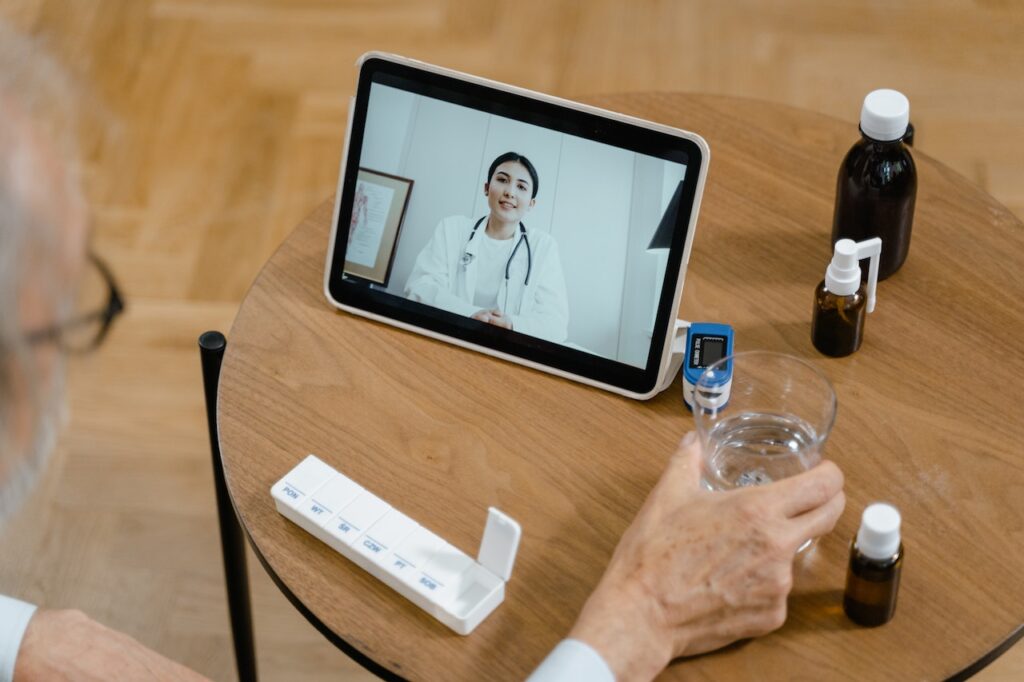Significant transformation is coming with the rise of artificial intelligence (AI) and automation. Will AI replace virtual employees?
While these technologies are changing the way we work, entrepreneurs should recognize the immense value of human virtual assistants. Read on as we explore 5 reasons business owners should embrace the unique benefits that virtual assistants offer.

1. Human Touch and Empathy
For business owners, the human touch and empathy that virtual assistants bring to the workplace are invaluable. While AI can efficiently perform routine tasks, it cannot often understand the personal aspects of human interaction.
According to a UK public survey, in the field of medicine, patients would rather have human interactions. 54% prefer to hear from a human doctor than a computer. 45% revealed that they felt uncomfortable responding to a computer.
Will AI replace operations that require human touch? The answer is no. Human virtual assistants shine in roles that require empathy, compassion, and a deep understanding of customer needs.
They can connect with clients on a personal level, providing excellent customer support and building strong relationships. This emotional connection enhances customer satisfaction and fosters customer loyalty, ultimately benefiting your business.

2. Complex Decision-Making
In the business world, complex decision-making is a common occurrence. From strategic planning to project management, human virtual assistants excel at navigating nuanced scenarios.
They possess the ability to analyze multifaceted information and consider various perspectives. Moreover, they make decisions that align with your business’s broader goals.
Harvard Business Review found that SAS, Intel, and Forbes often need to override the decisions of AI support. 48% of the group did not use their AI’s suggestion or had to amend it.
Meanwhile, 38% reported that the AI’s results were inaccurate while 34% dubbed these generated responses as inappropriate.
Business owners can rely on human virtual assistants to make critical judgments and adapt to unique situations. While AI can provide data-driven insights, it cannot replace the judgment and adaptability that human virtual employees offer.

3. Creative and Innovative Thinking
Creativity and innovation are driving forces behind business growth and competitiveness. Will AI replace human artistic talent?
Human virtual assistants play pivotal roles in research and development, content creation, marketing, and design. Their ability to think creatively, brainstorm ideas, and push boundaries is instrumental in driving innovation within your organization.
In the field of cybersecurity research found that 30% of respondents cite intuition as crucial on the job. 21% affirmed the need for creativity. Additionally, 20% described the need for experiences and a frame of reference to work in the industry.
What do all these elements have in common? Humans are more likely to possess these than their AI counterparts.
Business owners can harness the creative thinking of human virtual assistants to develop groundbreaking concepts and solutions. While AI may assist in generating ideas, they base these on existing data. Human creativity remains unmatched in producing truly novel and innovative solutions.

4. Personalized and Adaptive Communication
Will AI replace communicative functions? An Ipsos poll found that out of customers who used chatbots, 77% prefer human customer service agents. Also, only 35% of the chatbots could effectively provide support to these customers.
Effective and adaptive communication is a cornerstone of business success, and human virtual assistants excel in this domain. In sales, marketing or client relations, virtual assistants can better communicate to meet the unique needs of each interaction.
Business owners can rely on human virtual assistants to build rapport, actively listen, and adjust their communication style. This can create personalized experiences for clients and customers. Humans create a level of personalization enhances customer engagement, ultimately driving revenue growth.

5. Human Oversight and Ethical Decision-Making
With AI’s increasing integration into business processes, there’s a growing need for human oversight and ethical decision-making. Business owners can trust human virtual assistants to take on roles involving the oversight of AI systems.
They ensure ethical operation, and making judgment calls when ethical dilemmas arise. This is supported by The New World of Work, two years on: A 2022 Worker Survey. The paper indicated that almost one out of five business owners state technology is insufficient. Their hiring needs necessitate more human talent.
Human virtual assistants are well-equipped to navigate complex ethical issues and provide the necessary checks and balances. They can ensure that AI systems align with societal values and ethical standards. People contribute to the responsible use of technology in your business.

The Bottom Line
In conclusion, business owners should recognize and embrace the invaluable benefits that human virtual assistants bring to their operations. Will AI replace humans? They can certainly complement human virtual assistants.
The unique strengths of human employees continue to be a critical asset in the modern business world. By leveraging the strengths of both human and artificial intelligence, business owners can create a dynamic and effective workforce that maximizes their business’s success.
Approach hiring virtual employees with a reliable partner on your side with Managed Outsourced Virtual Employees or MOVE. Reach out to gain insights on your outsourcing journey.

